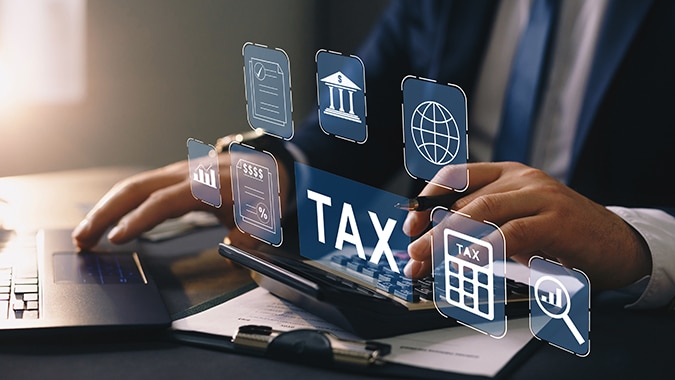The costs to New Jersey businesses in a disastrous year filled with shutdowns and drastically reduced capacity have not been fully realized. But apparently to Gov. Phil Murphy, it’s still not enough.
The Governor signed Executive Order 192 this week, mandating extensive and costly safety protocols, in addition to new enforcement measures. It calls for the state Labor Department to create an online complaint form for workers and to set protocols for investigating and inspecting complaints, among other mandates.
While Murphy cited a lack of federal standards as the reason for the safety rules, NJBIA strongly criticized the governor for not including any consideration of liability protections for struggling businesses that will be sunk by a single, meritless lawsuit.
“Sadly, we heard no such balance from the Governor,” NJBIA President and CEO Michele Siekerka said. “We only heard about applying more financial burdens on the same job creators who simultaneously have many of the greatest capacity restrictions in the nation.”
The EO calls for business to follow the protocols as of 6 a.m. on Thursday, Nov. 5.
In an interview with FOX 5 News in New York, Siekerka reiterated that business really needs protection from frivolous COVID-19 lawsuits, rather than more red tape while trying to survive the economic downturn.
“They need liability protection when they’ve done everything that the government has told them to do in order to keep the workplace safe,” Siekerka said. “And that needs to check the boxes so that you are immune from frivolous lawsuits against you.”
The EO guidelines mandate that:
- Workers keep at least 6 feet from each other “to the maximum extent possible.”
- Workers and visitors wear a face mask, with limited exceptions.
- Employers provide masks to workers at the company’s expense.
- Employers provide workers, customers, and visitors with sanitizing materials at the company’s expense.
- Employers conduct daily health checks of workers, such as temperature screenings, visual symptom checking, and more.
- Employers notify workers when there is possible exposure to the virus.
- Employers provide workers with breaks throughout the day to wash their hands.
- Employers routinely clean and disinfect frequently touched areas in accordance with state and federal guidelines.
Siekerka said businesses, by and large, have been providing best practices safety protocols since being able to reopen. These mandates come at a time when businesses are struggling to make ends meet in order to bring back workers.
“While COVID-19 positive test results are rising, all indications point to the reason being house parties and social gatherings,” she said.
While Murphy has expressed empathy for business owners throughout the pandemic, he continues to ensure that they face more costs despite their historic hardships.
In September, he quietly signed into law a bill that allows a presumption that certain essential employees contracted COVID-19 on the job, shifting the response costs onto New Jersey’s workers compensation system that is paid for by employers.
NJBIA continues to strongly push for litigation protection for employers during the pandemic with state and federal lawmakers.
